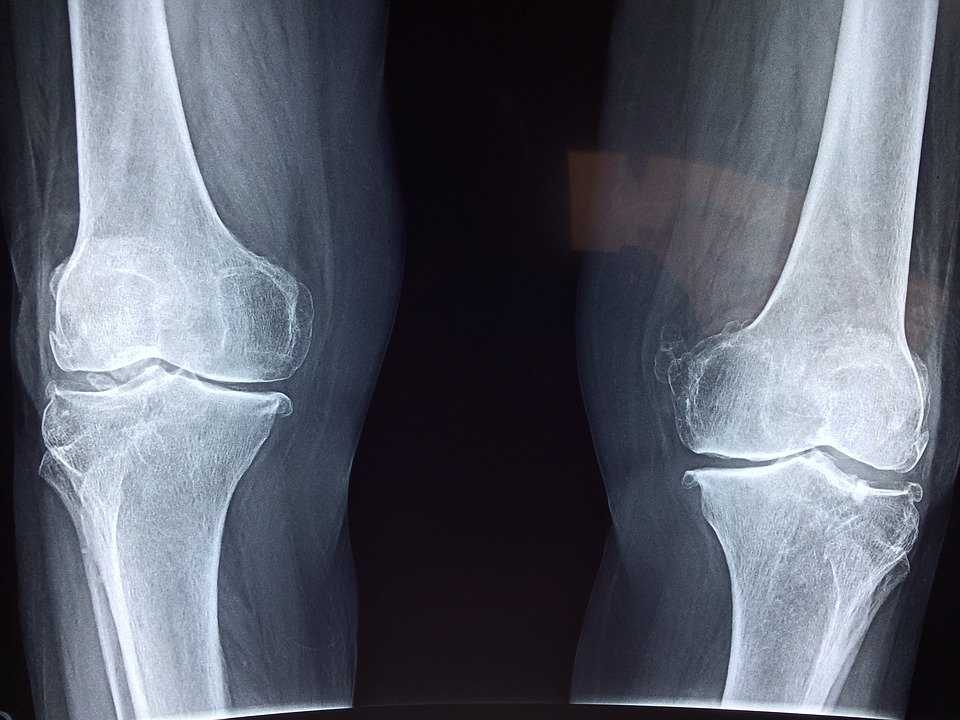
Veterans seeking disability compensation from the VA can encounter many obstacles, and the process can be even tougher when filing a claim for residual conditions. In some cases it’s easy to know that an injury occurred in service, particularly when it is the result of a distinct episode like an IED explosion. On the other hand, there are many cases where it is harder to pinpoint the origin of a service-connected disability, and Veterans may not realize that a current medical condition can be traced to activity in service.
Residual conditions include any form of lingering disability that is the result of a previous injury. In the context of VA disability ratings, residual conditions are the lingering effects of a disability that occurred in service, creating a connection between the current ailment and service history.
Not every injury or disease is chronic – bones heal, symptoms disappear after treatment, etc. However, this does not mean that there are not lasting effects that remain with someone for a long time after treatment, if not the rest of their life. For example, let’s say an individual broke their arm while in service and received treatment, but the bone did not quite heal properly. In our example, medical treatment was given for the proximate condition, but after treatment the patient no longer has the same range of motion that they had prior to the accident. This loss of range of motion would be considered a “residual condition.”
Residual conditions may be granted service connection for VA disability compensation just like other conditions suffered or aggravated in service. Generally, entitlement to service connection for residual limitations is established in the same way as with other service-connection claims. There must be evidence that an injury or illness occurred while in service, evidence of a current disability, and depending on the condition, there may be a requirement to show continuity of symptomatology. Lastly there must be some evidence showing that the current condition has a nexus to the in-service injury or illness.
Residual conditions can include things such as a limited range of motion caused by a joint injury or complications that remain from a disease such as cancer or the remaining effects of a traumatic brain injury (TBI). If the VA has granted service connection to you based on a residual condition, your rating sheet would show the four-digit diagnostic code followed by a hyphen and another four-digit rating code. This second code is the underlying condition that caused your current residual condition.
Your condition may also be rated on residuals if the underlying condition does not always have an active phase, such as in the case of leukemia. The regulatory scheme only allows for a 100 percent rating while the disease is active or during treatment, and only allows for a 0 percent rating during asymptomatic phases. However, the rating schedule directs the VA to evaluate any residuals of the disease or the therapy. This allows a Veteran to potentially receive some form of compensation even if their condition isn’t currently active.
Understanding when you qualify for a rating based on residual conditions can sometimes be difficult. Actually applying for and receiving the correct rating can prove still more difficult. Our team of dedicated VA appeals attorneys are dedicated to helping Veterans receive the disability compensation they deserve, and we have successfully fought for thousands of Veterans who have applied for and received disability ratings for residual conditions. If you or somebody you know would like to appeal their current VA disability rating, contact our team today.
Our monthly newsletter features about important and up-to-date veterans' law news, keeping you informed about the changes that matter.